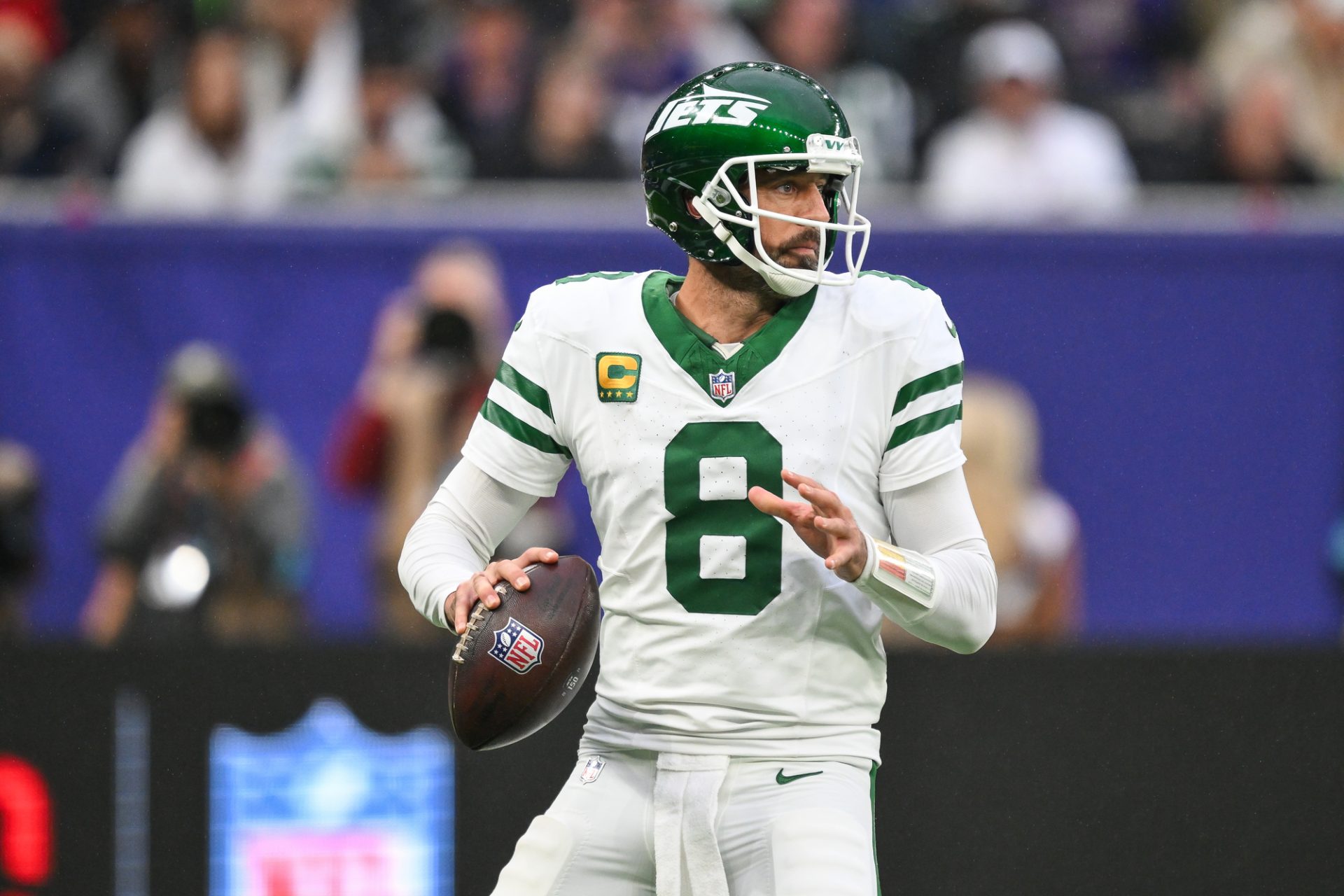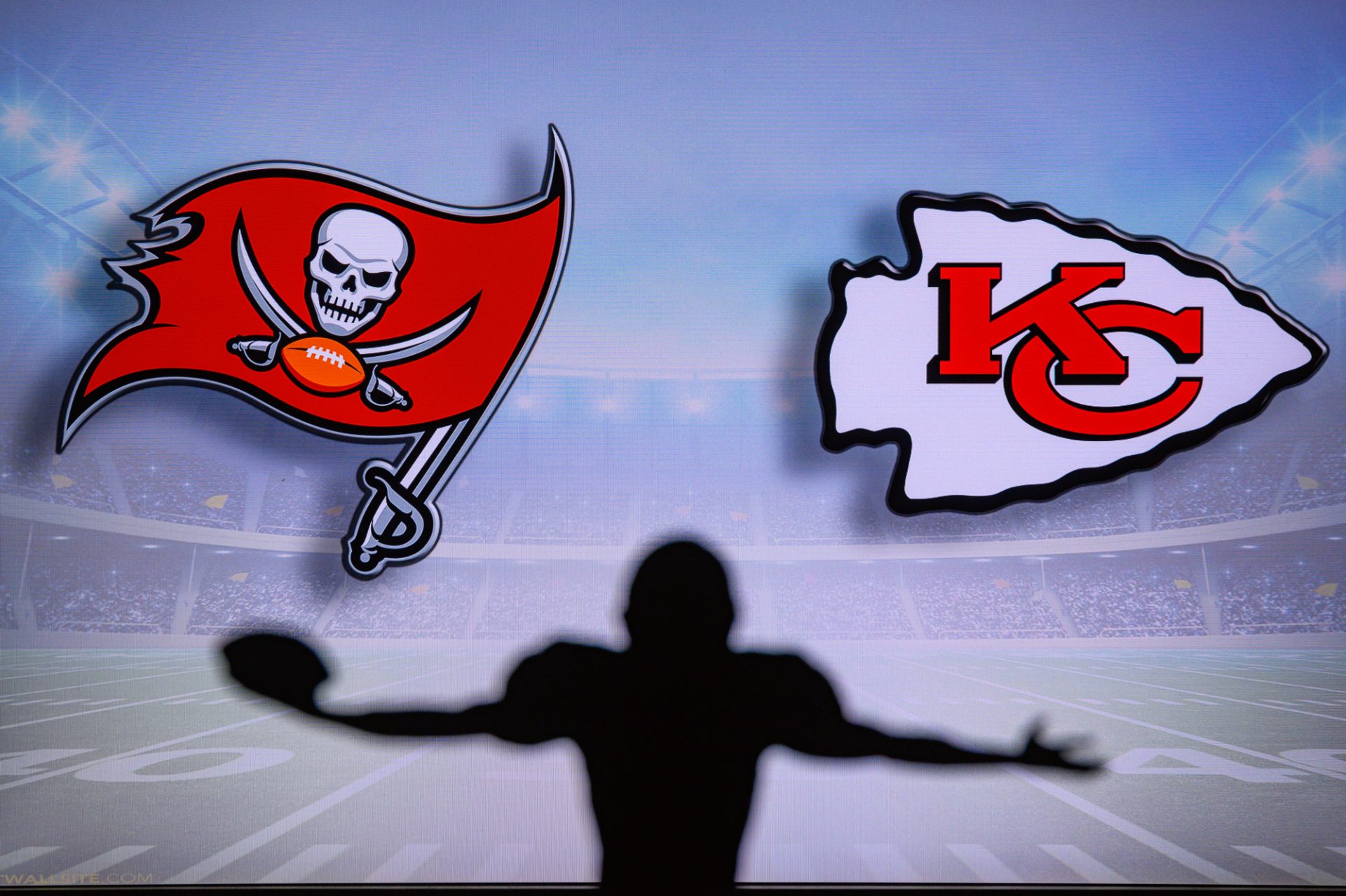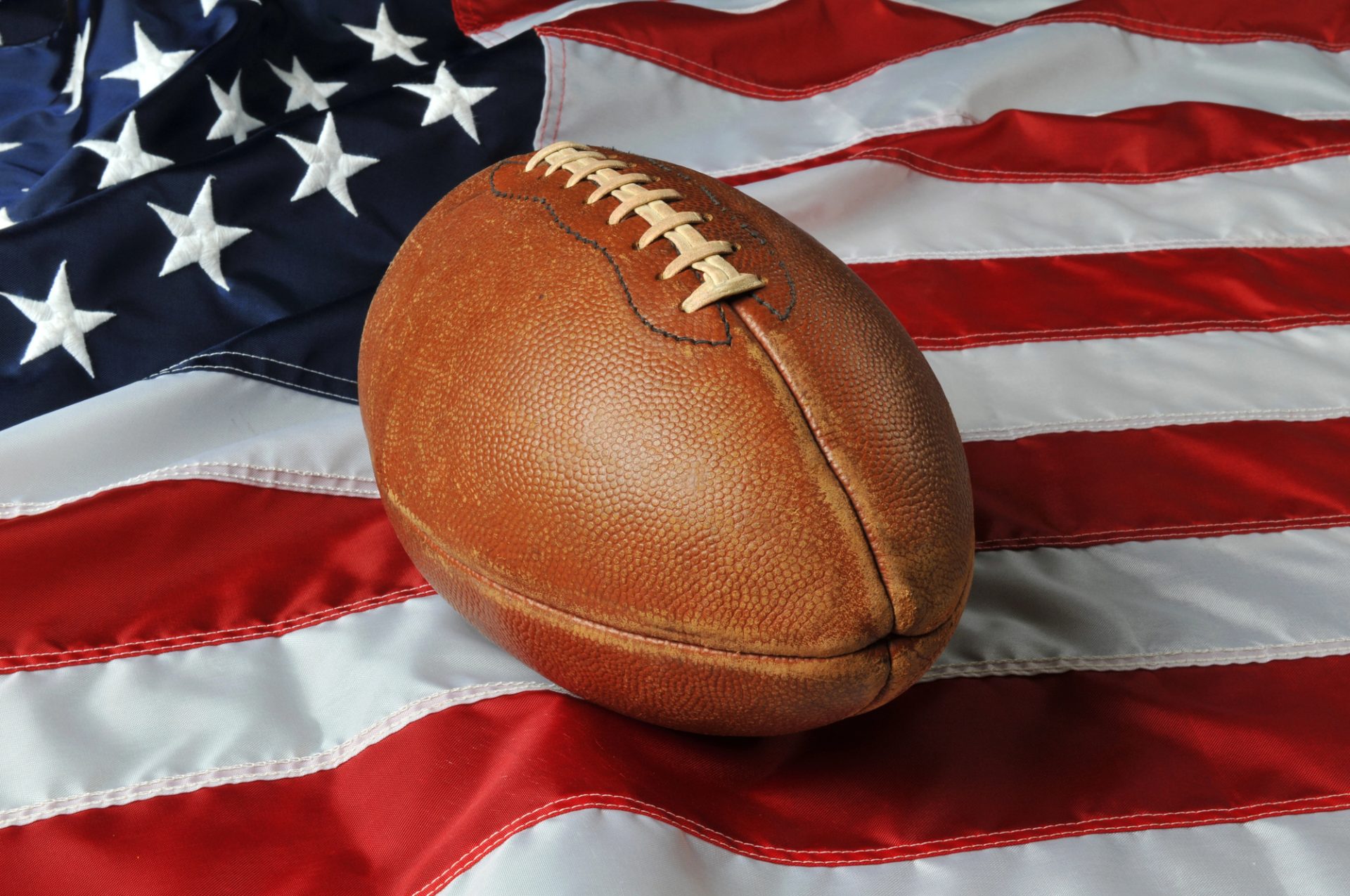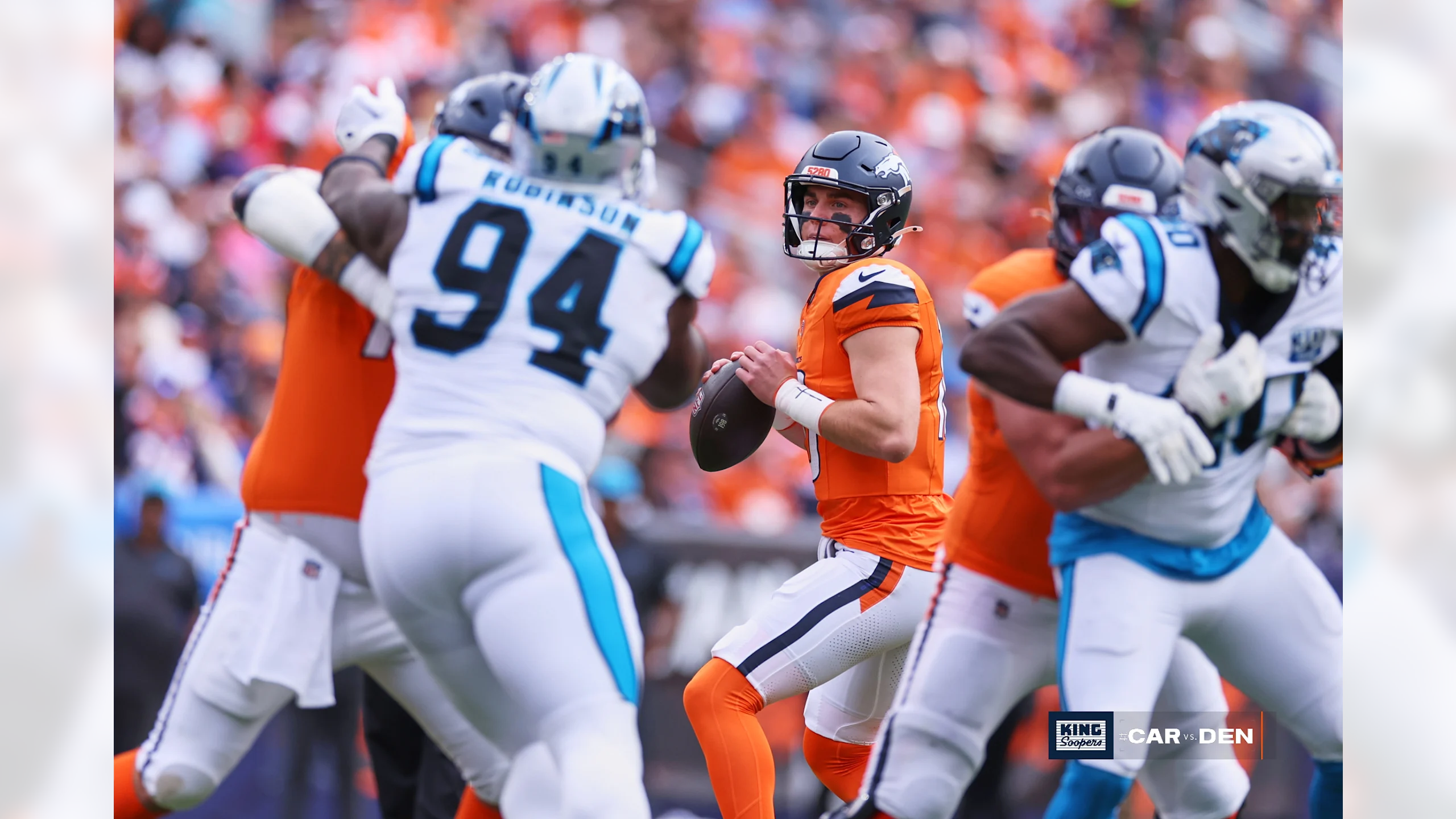The Psychological Side of the NFL: Mental Toughness in the League
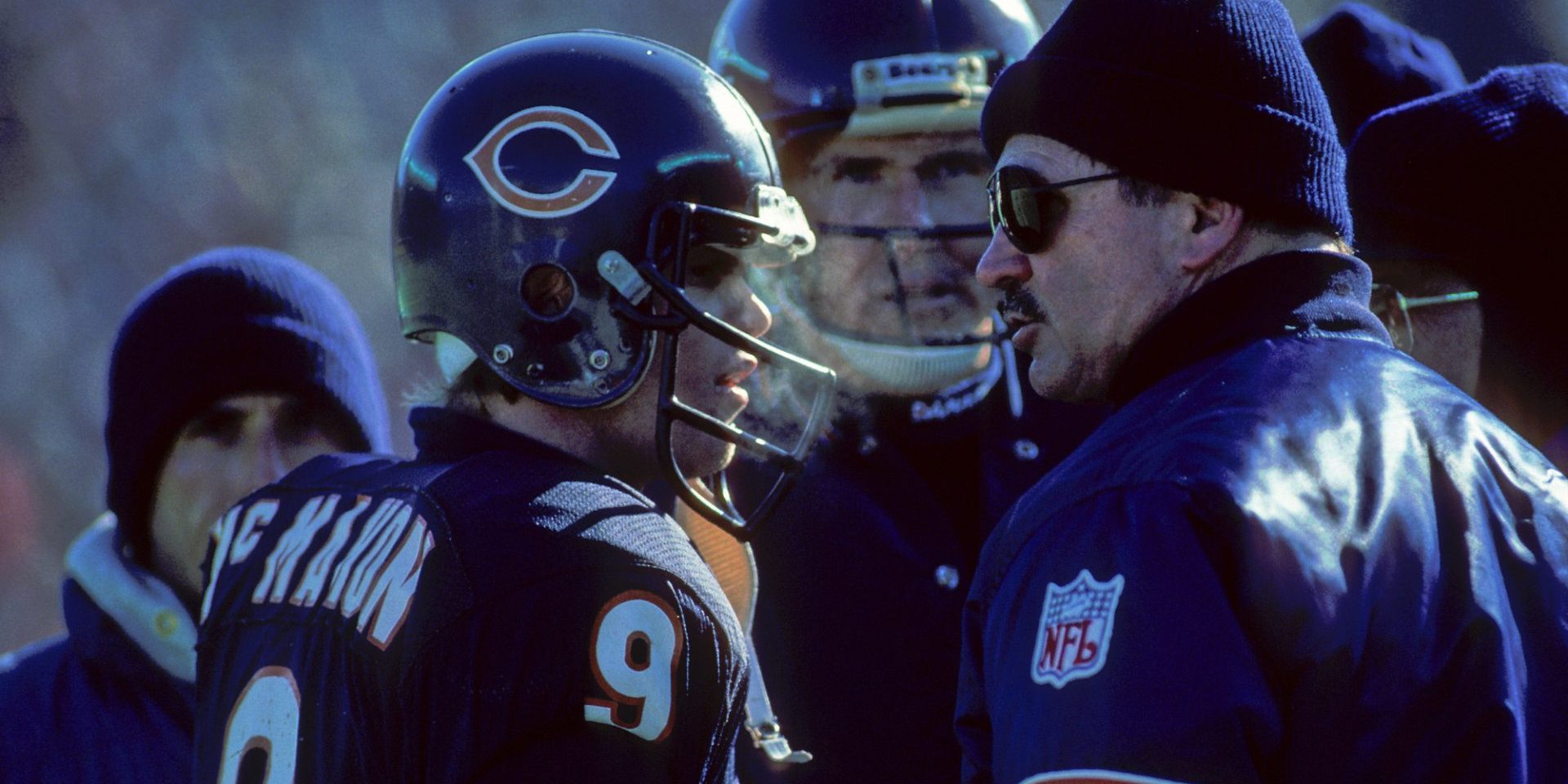
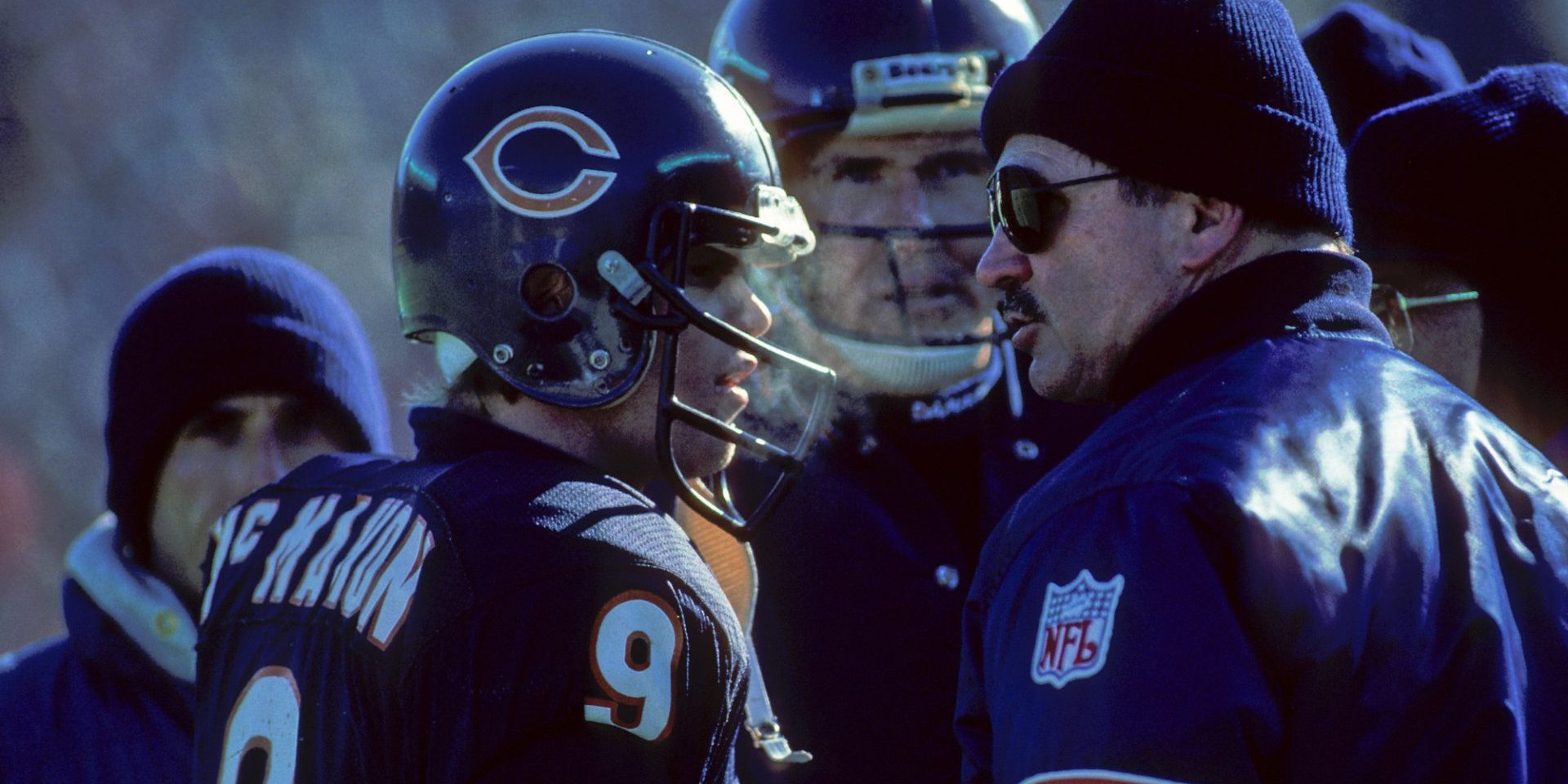
Table of Contents
The National Football League (NFL) demands extraordinary physical prowess from its athletes, but mental fortitude is equally crucial. Players face immense pressure, scrutiny, and challenges that test their psychological resilience daily. The NFL has recognized the importance of mental health support, requiring teams to have licensed behavioral health clinicians on staff since 2019.
Mental toughness in the NFL goes beyond game-day performance. It encompasses dealing with injuries, media attention, fan expectations, and personal struggles. Players must maintain focus and composure in high-stress situations while managing the physical toll of the sport.
The league’s approach to mental health has evolved significantly in recent years. More players are openly discussing their mental health challenges, breaking long-standing stigmas. This shift has prompted increased resources and support systems for athletes, helping them build mental resilience both on and off the field.
Understanding Mental Health in the NFL
Mental health issues among NFL players have gained increased attention in recent years. The league has taken steps to address these concerns, recognizing their impact on player well-being and performance.
The Stigma Surrounding Mental Health Issues
NFL players face unique pressures that can affect their mental health. The hyper-masculine culture of football often discourages players from seeking help. Many fear being perceived as weak or losing their roster spots.
NFL teams now require licensed behavioral health clinicians on staff. This change aims to normalize mental health care and reduce stigma. Players like Brandon Marshall and Dak Prescott have spoken openly about their struggles, helping shift attitudes.
Despite progress, challenges remain. Some players still hesitate to access available resources due to lingering stigma. Continued education and awareness efforts are needed to fully address this issue.
Prevalence of Anxiety and Depression Among Players
Anxiety and depression are common among NFL players. The high-stress environment, constant performance pressure, and risk of injury contribute to these mental health challenges.
Studies indicate NFL players face an increased risk for depression and other mental health issues. Factors such as concussions, chronic pain, and the transition out of the league can exacerbate these problems.
The NFL and NFLPA have expanded mental health resources in response. Players now have access to counseling, crisis hotlines, and wellness programs. These initiatives aim to support players’ mental well-being throughout their careers and beyond.
Impact of Chronic Traumatic Encephalopathy (CTE)
Chronic Traumatic Encephalopathy (CTE) poses a significant long-term mental health risk for NFL players. This degenerative brain condition is linked to repeated head impacts common in football.
CTE symptoms include mood changes, cognitive decline, and behavioral issues. These problems often emerge years after a player’s career ends. The potential for CTE adds another layer of anxiety for current and former players.
The NFL has implemented concussion protocols and rule changes to reduce head injuries. However, concerns about CTE continue to shape discussions around player safety and mental health in the league.
Mental Health Initiatives and Support Systems
The NFL has implemented comprehensive mental health programs and resources to support players’ psychological well-being. These initiatives involve dedicated professionals and emergency response protocols.
NFL’s Efforts: Programs and Resources
The league has established NFL Total Wellness, a program aimed at supporting players’ mental health. This initiative provides various services, including counseling and stress management techniques.
A key component is the NFL Life Line, a confidential hotline for current and former NFL players, coaches, team staff, and family members. It connects callers to licensed mental health clinicians trained in NFL culture and available resources.
The NFL also offers educational workshops and seminars on mental health topics. These sessions help players recognize signs of mental health issues and learn coping strategies.
Mental Health Emergency Action Plan
The NFL has developed a Mental Health Emergency Action Plan to address crisis situations. This plan outlines specific steps for teams to follow when a player experiences a mental health emergency.
Key elements of the plan include:
- Immediate assessment by trained professionals
- Confidential reporting mechanisms
- Crisis intervention protocols
- Coordination with local mental health facilities
The plan emphasizes quick response times and maintaining player privacy throughout the process.
Role of Mental Health Clinicians in the League
Since 2019, NFL teams are required to have a licensed behavioral health clinician on staff. These professionals play a vital role in supporting players’ mental health.
Mental health clinicians in the NFL:
- Provide individual counseling sessions
- Conduct mental health screenings
- Offer stress management techniques
- Assist with substance abuse issues
- Collaborate with team medical staff
Their presence helps normalize discussions about mental health within the league. Players have increasingly utilized these resources, reflecting a growing acceptance of mental health support in professional football.
Players’ Personal Struggles and Recoveries
NFL players face significant mental health challenges both during and after their careers. Many have courageously shared their experiences, helping to reduce stigma and encourage others to seek help.
Highlighting Prominent Cases: Thomas, Hurst, and More
Solomon Thomas openly discussed his battle with depression following his sister’s suicide. He started a foundation to promote mental health awareness and suicide prevention. Hayden Hurst revealed his struggles with anxiety and depression, which led to a suicide attempt in college. He now advocates for mental health support in the NFL.
A.J. Brown spoke about his experience with depression and suicidal thoughts in 2020. His openness prompted discussions about mental health in professional sports. Lane Johnson took time away from football in 2021 to address his anxiety and depression, later returning to the field with a renewed focus on mental wellness.
NFL Athletes Normalizing Mental Health Conversations
NFL players are working to ease the stigma around mental health. They share personal stories and encourage others to seek help when needed. This shift in attitude is changing the league’s “just play through it” mentality.
The NFL and NFLPA now offer mental health resources for teams and players. These include counseling services, crisis hotlines, and educational programs. Players are increasingly comfortable discussing their mental health challenges publicly.
This openness is helping to create a more supportive environment for all NFL athletes. It also raises awareness about mental health issues among fans and the general public.
The Broader Impact of Mental Health in Professional Sports
Mental health in professional sports affects athletes and their families profoundly. The COVID-19 pandemic has further highlighted the importance of psychological well-being for players.
Family Members and Their Role in Supporting Athletes
Family members play a crucial role in supporting athletes’ mental health. Spouses, parents, and children often provide emotional stability and a sense of normalcy for players facing intense pressures. A study on NFL players and their families found that family support is vital for maintaining players’ psychological well-being.
Family members may also experience stress related to the athlete’s career. They must balance their own needs with the demands of supporting a professional athlete. This can lead to unique challenges in relationships and family dynamics.
Professional sports organizations are recognizing the importance of including families in mental health initiatives. Some teams offer counseling services and support groups for players’ families to help them cope with the unique stressors of life in professional sports.
The Effects of the COVID-19 Pandemic on Players’ Well-being
The COVID-19 pandemic significantly impacted athletes’ mental health. Isolation during lockdowns and disrupted training routines created new challenges for maintaining psychological well-being.
Many players reported increased anxiety and depression during this period. The uncertainty surrounding game schedules and potential health risks added to existing pressures. Some athletes found it difficult to stay motivated without the structure of regular practices and competitions.
The pandemic also highlighted the need for better mental health support in sports. Teams and leagues implemented new resources, such as virtual counseling sessions and wellness programs, to address players’ psychological needs during this time.
As sports resumed, players faced additional stressors related to COVID-19 protocols and the risk of infection. This ongoing situation has emphasized the importance of prioritizing mental health alongside physical health in professional sports.
Image courtesy Deposit Photos.

